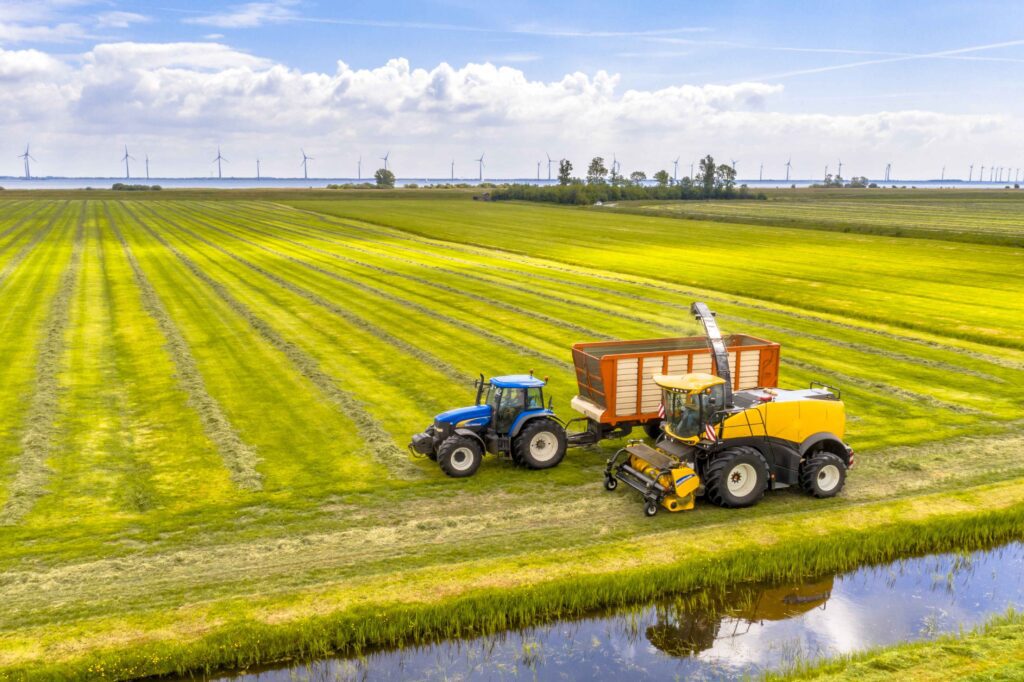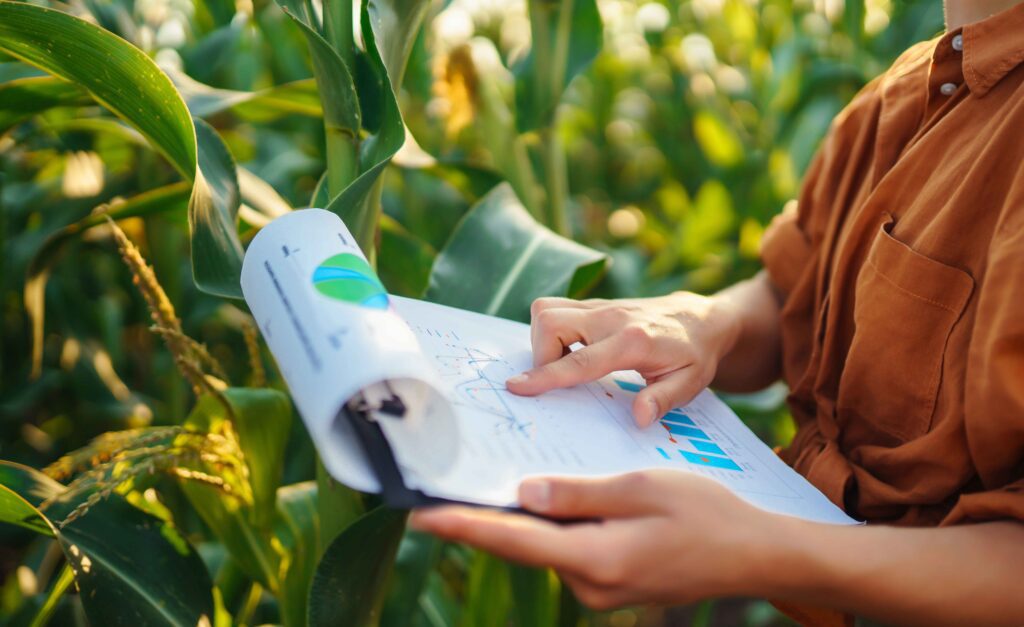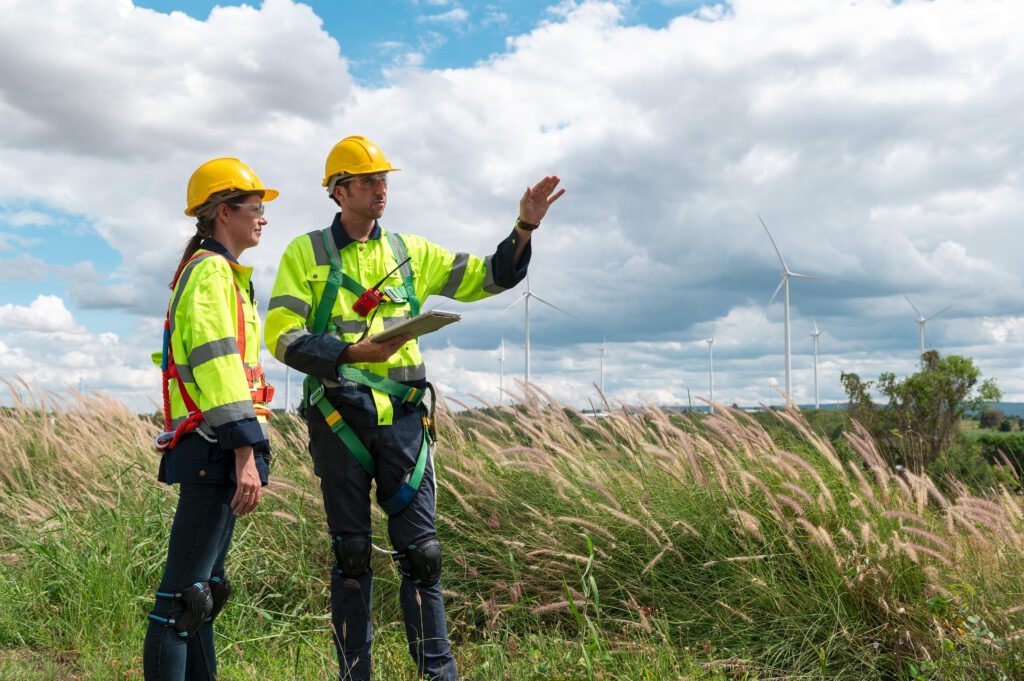Agriculture plays a pivotal role in the Canadian economy, and farm financing or investment decisions require a thorough understanding of agricultural assets. One of the most vital tools in making informed financial decisions for agricultural ventures is the agriculture appraisal. Whether you’re looking to buy, sell, or finance agricultural property, understanding the value of the land is crucial. In this blog, we will delve into why agriculture appraisals are key to making sound farm financing and investment choices.
Understanding the Importance of an Agriculture Appraisal
An agriculture appraisal is a professional assessment that determines the value of agricultural land or property. Agriculture appraisers use a variety of methods to evaluate the worth of a farm or agricultural asset, taking into account factors such as soil quality, property size, location, and market trends. These appraisals provide accurate, impartial valuations that are essential for farm financing, investment decisions, or even land disputes.
Unlike residential appraisals, which primarily focus on the structure of a property, agricultural appraisals assess land based on its capacity for farming. This includes evaluating soil health, irrigation systems, crop production potential, and overall sustainability for agricultural use. Agricultural property appraisals are tailored to assess how well the land supports farming activities, making them indispensable for anyone involved in agricultural finance or investment.
The Appraisal Process: What to Expect
 During an agriculture appraisal, the appraiser conducts a comprehensive review of the property in question. Here’s a general breakdown of what happens during the appraisal process:
During an agriculture appraisal, the appraiser conducts a comprehensive review of the property in question. Here’s a general breakdown of what happens during the appraisal process:
- Property Inspection: The appraiser will visit the site to examine the property and assess its features, including land quality, improvements, and overall usability for farming.
- Comparative Market Analysis: The appraiser will compare the property with similar properties in the area that have recently sold or are currently on the market. This helps establish a competitive market value.
- Economic and Environmental Factors: The appraiser will factor in aspects such as soil quality, water access, climate, and agricultural productivity, as these can significantly impact land value.
- Land Use and Zoning: A review of local zoning laws and land use restrictions will be conducted to ensure that the land is suitable for agricultural purposes and to understand its full potential for future use.
These steps ensure that the appraisal is comprehensive and that the resulting valuation is reflective of both current market conditions and the property’s long-term agricultural potential.
Timing: When to Seek an Agricultural Appraisal
There are several scenarios where obtaining an agriculture appraisal is necessary. Here are the most common times to request an agricultural land or property appraisal:
-
Before Purchasing Agricultural Land: If you are considering buying agricultural land or property, an appraisal helps ensure you are paying a fair price based on the land’s true value. Without an accurate appraisal, you risk overpaying for the property.
-
When Refinancing or Securing Loans: Agricultural financing often requires a professional appraisal to secure funding. Lenders need an accurate valuation of the land to ensure they are offering the right amount of credit.
-
Property Tax Assessment: If you feel that your agricultural property taxes are too high, an agriculture appraisal can provide proof of a lower property value, potentially helping you reduce your tax burden.
-
Selling Agricultural Land: When selling agricultural property, an appraisal ensures that the listing price is competitive and reasonable. It also ensures that you are not underselling the land’s true value.
-
Estate and Succession Planning: For farmers looking to pass down their business, a precise valuation of agricultural property is crucial for fair distribution among heirs or for making decisions regarding the future of the farm.
The Significance of Agriculture Appraisals
 Agricultural appraisals are vital for a variety of reasons, but perhaps the most important is that they provide objective data to support critical financial and investment decisions. Here are some of the reasons why an agriculture appraisal is so important:
Agricultural appraisals are vital for a variety of reasons, but perhaps the most important is that they provide objective data to support critical financial and investment decisions. Here are some of the reasons why an agriculture appraisal is so important:
-
Informed Decision-Making: With a comprehensive and professional appraisal, both buyers and sellers are empowered to make more informed decisions. You gain insight into the market trends, land potential, and economic opportunities associated with the property.
-
Accurate Financing: For farmers seeking loans or financing for agricultural operations, a detailed agriculture appraisal provides lenders with the necessary information to determine loan amounts, interest rates, and repayment terms.
-
Risk Mitigation: A well-conducted appraisal minimizes the risk of making poor investment decisions. It highlights any potential liabilities or concerns about the land’s viability for agriculture, helping investors and farmers avoid financial pitfalls.
-
Legal and Regulatory Compliance: Many agricultural investments require compliance with government regulations, zoning laws, and environmental guidelines. An agricultural land appraisal ensures that all legal and regulatory factors are accounted for during the valuation process.
How to Choose the Right Agricultural Appraiser
Choosing the right agriculture appraiser is crucial to ensuring you receive an accurate and fair valuation of your agricultural property. Here are key factors to consider when selecting an appraiser:
-
Experience and Expertise: Look for an appraiser with experience specifically in agricultural appraisals. An agriculture appraiser who specializes in farming land will be more equipped to evaluate the unique characteristics of agricultural properties.
-
Certification and Credentials: Ensure that the appraiser holds the necessary certifications, such as the Accredited Agricultural Appraiser (AAA) designation, which indicates professional recognition in the field.
-
Local Knowledge: Choose an appraiser who is familiar with local agricultural markets and land values. An agriculture appraiser Alberta may be more familiar with the region’s unique farming practices, environmental factors, and land values compared to an out-of-region professional.
-
Reputation and Reviews: Research the appraiser’s reputation by reading reviews or asking for references. A trusted appraiser will have a track record of providing accurate and reliable appraisals.
-
Technology and Tools: Modern appraisers use advanced technology and data analytics to provide a more comprehensive valuation. Ensure that the appraiser uses the latest tools to assess the agricultural property.
Why Agriculture Appraisals Matter
 Whether you’re considering purchasing agricultural land, securing financing, or investing in farming operations, agriculture appraisals provide crucial insights into land value. They support informed decision-making, reduce risks, and ensure fair and competitive pricing. Choosing the right appraiser is equally important, as it ensures that the valuation is accurate and reliable.
Whether you’re considering purchasing agricultural land, securing financing, or investing in farming operations, agriculture appraisals provide crucial insights into land value. They support informed decision-making, reduce risks, and ensure fair and competitive pricing. Choosing the right appraiser is equally important, as it ensures that the valuation is accurate and reliable.
If you are in need of professional agriculture appraisers or require an agricultural property appraisal, trust Property DNA to guide you through the process. We offer expert agricultural land appraisals tailored to your needs. Visit Property DNA to learn more. By using agriculture appraisals in your decision-making process, you ensure that your investments are grounded in solid, factual data, providing both short-term benefits and long-term security for your farm operations.






